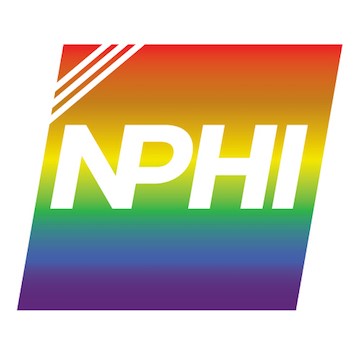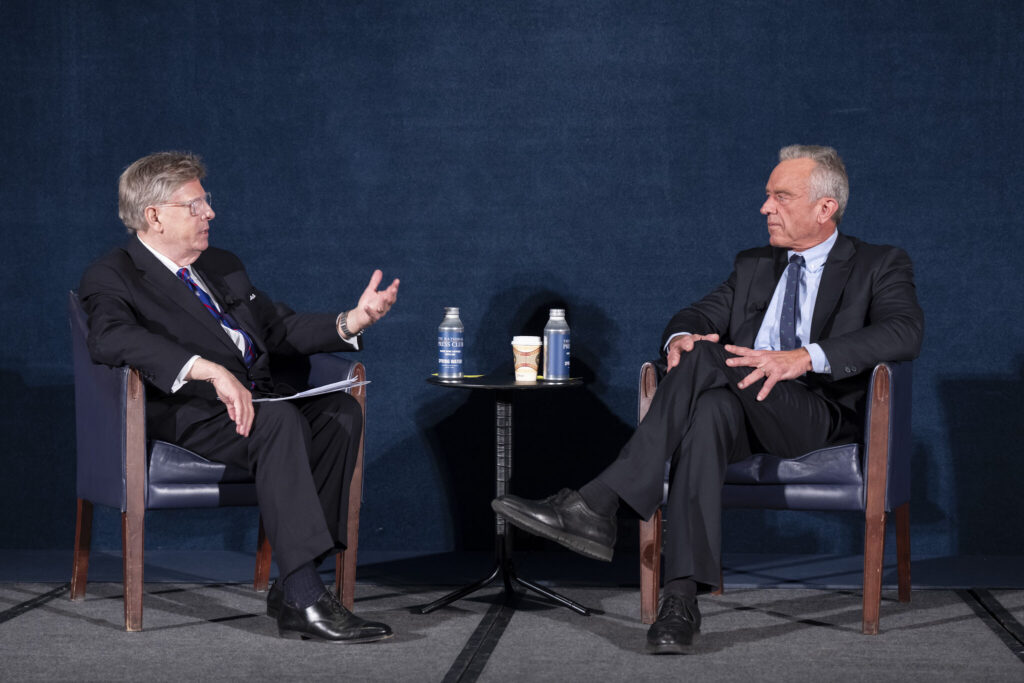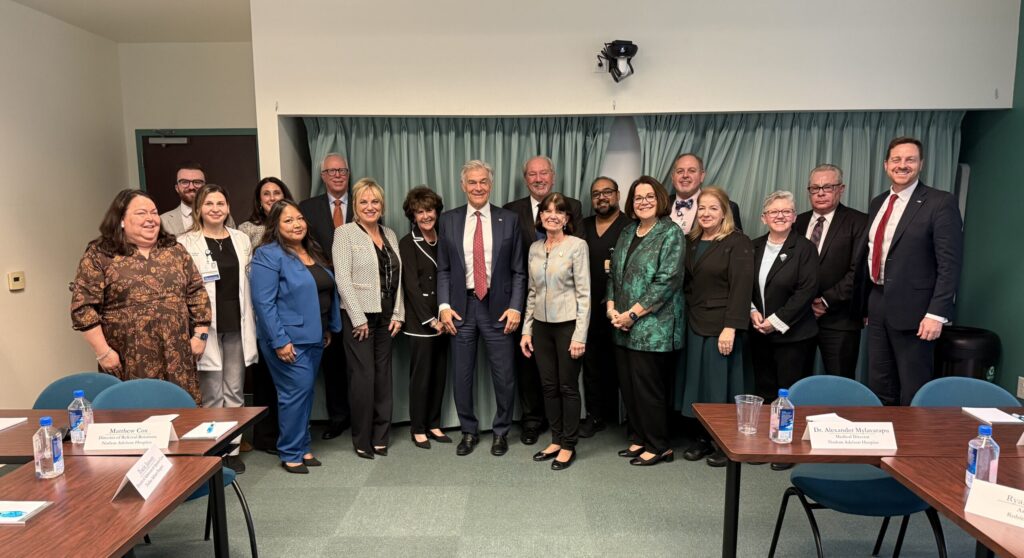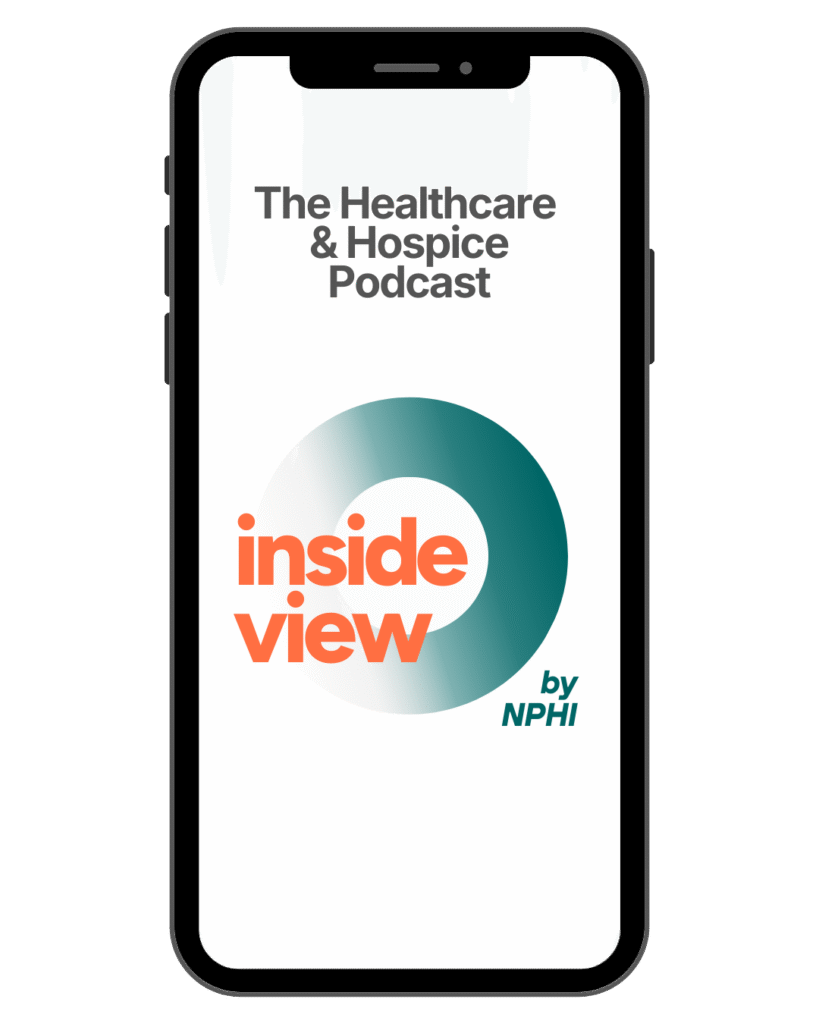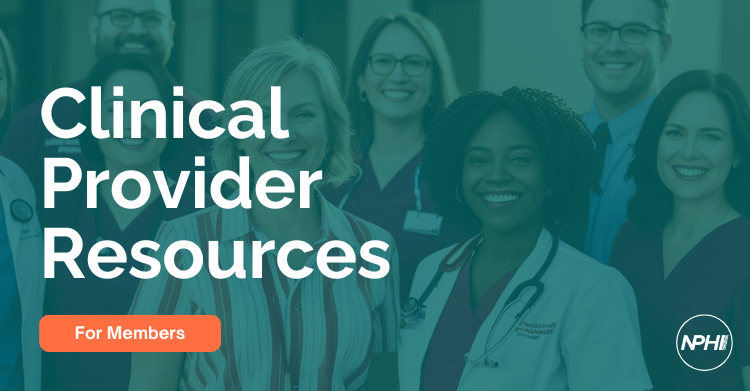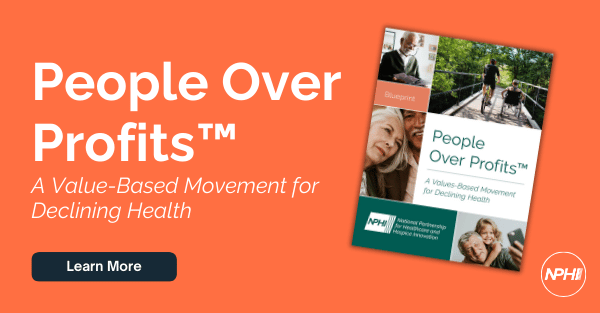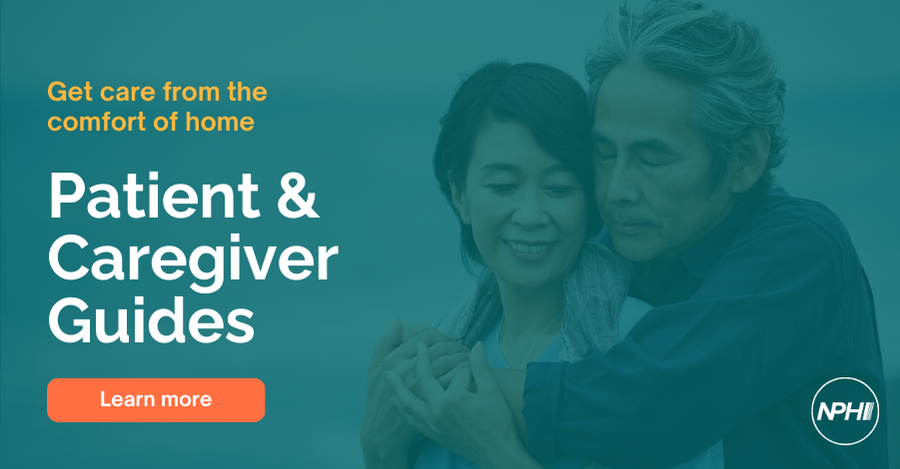“At NPHI, our programs serve as a safety net, where no one is turned away from care,” said Tom Koutsoumpas, CEO of NPHI. “Thus, as a collaborative of community-integrated organizations committed to access, it is more important than ever to ensure we are acting with equity at the forefront of all our activities.”
While more data is needed, study after study reflects the LGBTQ+ community faces barriers to quality hospice, palliative, and end-of-life care. In 2018, AARP found that 57% of the LGBTQ+ community is concerned about healthcare providers not being sensitive to their needs as they age. One out of ten LGBTQ+ patients have been denied healthcare or provided inferior care, and 15% fear receiving health services outside the LGBTQ+ community.
“We must be active in the conversation about what high-quality, person-oriented end-of-life care for members of the LGBTQ+ community should look like,” said Carole Fisher, President of NPHI. “No one should have to hide who they are out of fear of receiving inadequate hospice, palliative, or long-term care.”
Unfortunately, those fears are often warranted.
According to a 2020 survey of care providers by Gary L. Stein of Yeshiva University, 53.6% thought that lesbian, gay, or bisexual patients were more likely than non-LGBTQ+ patients to experience discrimination at their institution; 23.7% actually observed discriminatory care; 64.3% said transgender patients were more likely than non-transgender patients to experience discrimination; 21.3% observed discrimination to transgender patients; 15% observed the significant other a of an LGBTQ+ patient having their treatment decisions disregarded or minimized; and 14.3% observed the partner or surrogate of an LGBTQ+ patient being treated disrespectfully.
Ensuring that hospice staff are educated and aware of the unique challenges faced by the LGBTQ+ is essential, especially given that older LGBTQ+ adults sometimes contend with economic insecurity, a lack of caregiver support, and persistent myths about everything from gender identity to sexual orientation. Considering this, NPHI’s staff and membership work continuously to educate themselves with the goal of expanding access for all traditionally underserved communities like the LGBTQ+ population.
“Person-centered care includes being self-aware of implicit biases and making the commitment to hold a space for populations like LGBTQ+ communities,” said Edward Garcia, Executive Director of the Foundation for Social Connection. “Providers need to look beyond what’s in electronic health records and strive to understand how elements of the LGBTQ+ experience – whether pronoun preference or gender identity – impact care quality for those who identify with this population.”
But as industry thought leader Kimberly Acquaviva writes in her 2017 book, LGBTQ-Inclusive Hospice and Palliative Care: A Practical Guide to Transforming Professional Practice, “[t]hese issues are not unique to LGBTQ+ individuals, and you should be aware of them as you begin working with any new patient and family.”
So, in summary, while we celebrate the successes thus far, we are under no illusions that we are where we need to be to achieve equal access to quality care. As such, we thank the LGBTQ+ community, our incredible colleagues, and our partners for their work and look forward to continuing to collaborate to ensure care equity.
For everyone.
If you or a loved one are struggling to access inclusive care, please call 844-GET-NPHI to be connected with a not-for-profit provider.


